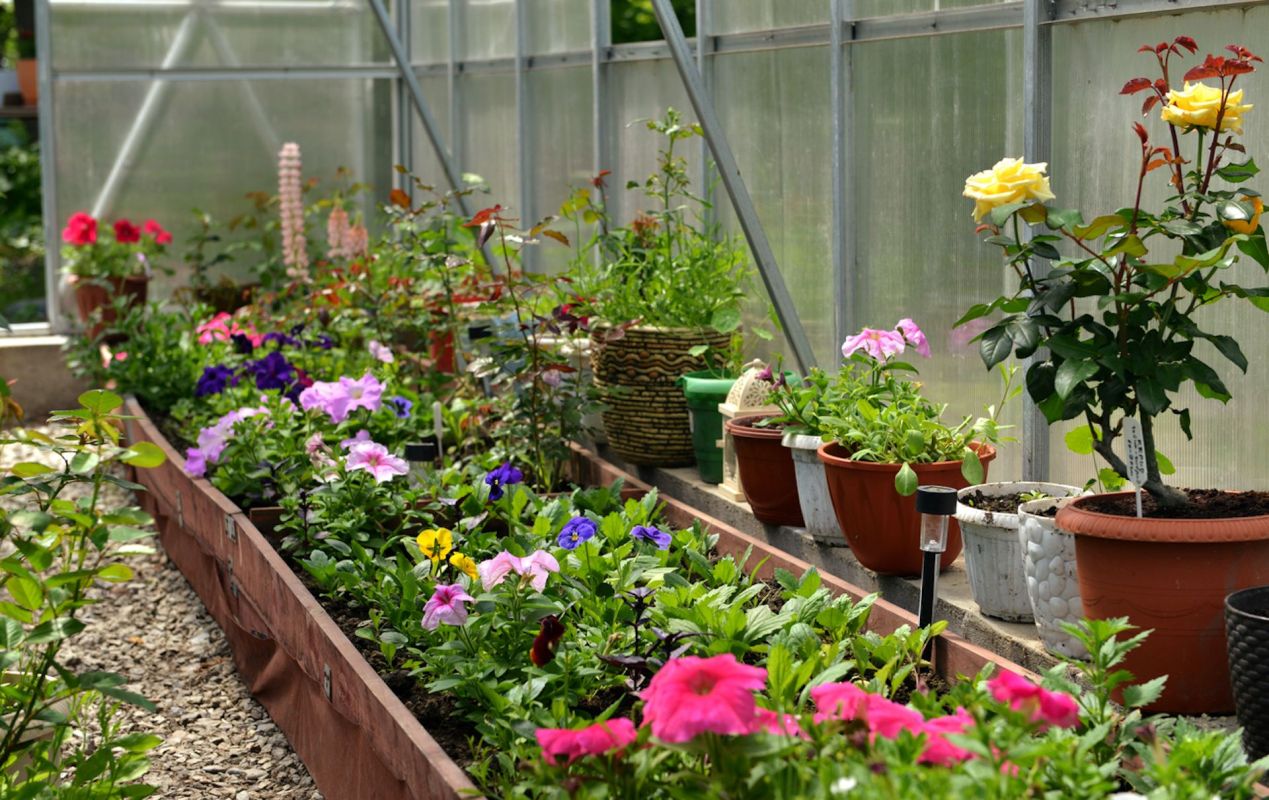Could future generations not understand what it means to stop and smell the roses?
The latest State of the World's Plant and Fungi report, from Royal Botanical Gardens Kew, contained a dire warning from more than 200 scientists who believe nearly half of all flowering plants could become extinct, as the BBC summarized.
What's happening?
According to Cristen Hemingway Jaynes of EcoWatch, RBG Kew discovered that up to 45% of flowering plants, including orchids, pineapple, and other vital crop species, could go the way of the dinosaur, while over 77% percent of new species documented since 2020 are threatened.
"When we consider that nine out of 10 of our medicines come from our plants, what we are potentially staring down the barrel at is losing half of all of our future medicines," RBG Kew conservation specialist Dr. Matilda Brown told BBC News.
"Every species we lose is a species that we don't know what opportunities we're losing … It could be a cancer fighting drug, it could be the solution to hunger … And so to lose that, before we get a chance to study it would be a tragedy," Brown added.
Why are flowering plants important?
Flowering plants, which make up roughly 80% of all known green plants, aren't just ornamental.
In addition to being used in a variety of medicines, including some chemotherapy regimens, they help create breathable air for humans by releasing oxygen and absorbing carbon dioxide, a heat-trapping gas.
When there's a proper balance in the environment, carbon gas helps support life on Earth by preventing it from getting too cold.
On the other hand, an excess of the gas contributes to the overheating of our planet, which has been linked to life-threatening floods, wildfires, and other major climate events.
Flowering plants can also act as water purifiers and prevent erosion, according to the U.S. Department of Agriculture.
What can we do to save flowering plants?
Changing weather patterns driven by human activities can create stress on flowering plants, so decreasing the amount of harmful carbon pollution you create can assist.
If you are unable to take public transportation, bike, or walk, simply ensuring your car's tires are properly inflated makes a difference, while supporting plant sanctuaries can help protect biodiversity on a global scale.
Flowering plants also need pollinators to thrive, but unfortunately, many pesticides negatively impact helpful insects such as honey bees and butterflies.
Utilizing a low-impact insecticide in your garden and not spraying plants that are in bloom or close to blooming can help decrease harm to essential pollinators.
Join our free newsletter for weekly updates on the coolest innovations improving our lives and saving our planet.









